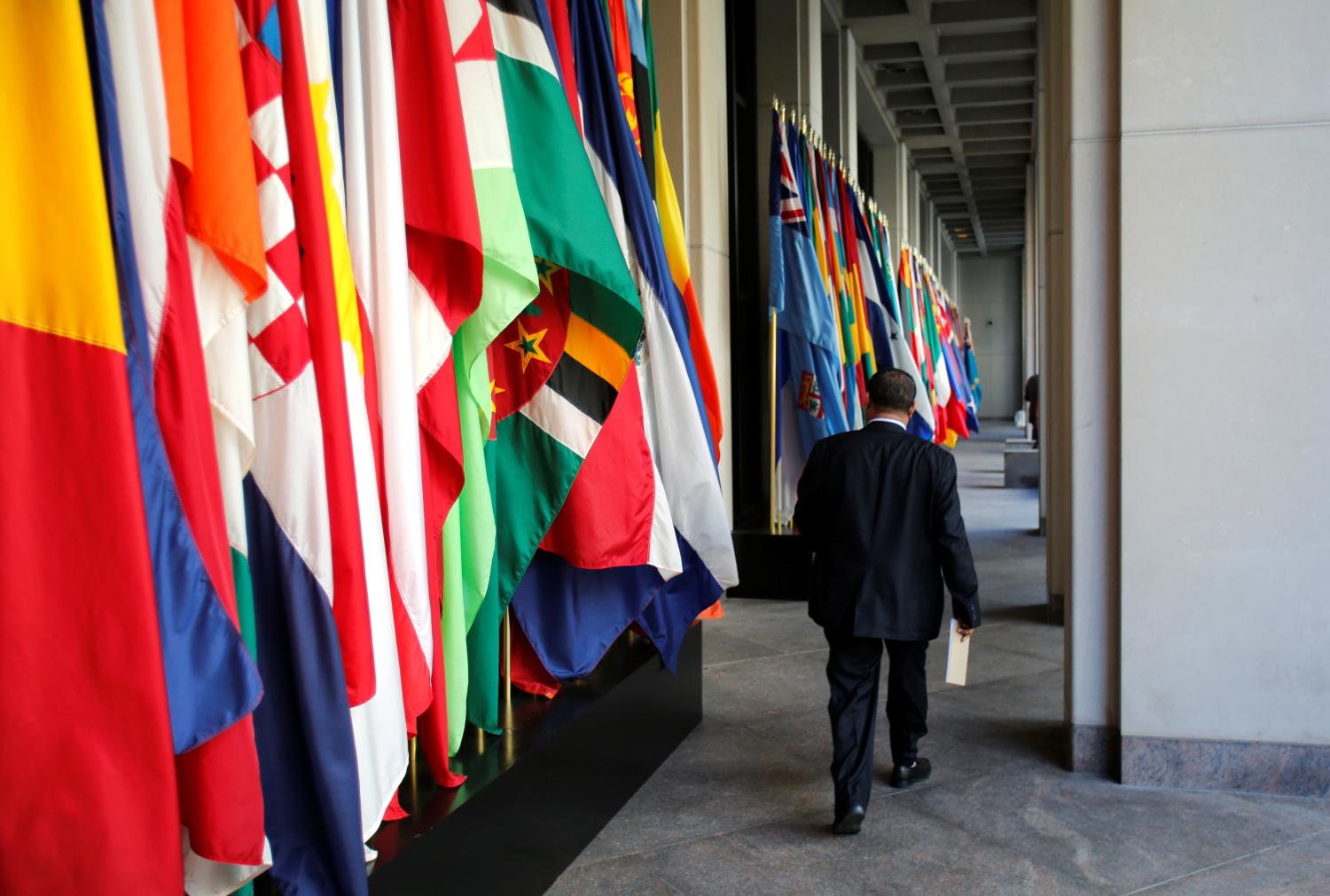Why a Global Governance Audit?
We frequently treat the changing constellation that has come to be referred to as global governance as a lackluster fait accompli. Nobody has masterminded it. Nobody is really in charge. Almost everybody has reasons to be unhappy about what they view as its current suboptimal state. As such, global governance is not an easy phenomenon to assess or audit. The benchmarks and scales to be used are not obvious. Yet an audit attempt is nevertheless necessary, if for no other reason than to start to form a deliberated assessment, to develop some benchmarks, and to refine our questions for the future.
With this goal in mind, I, along with David Held of the London School of Economics, Miguel Maduro of European University Institute, Eva-Maria Nag of the Global Policy journal, and Kalypso Nicolaidis of Oxford, set out to organize such an audit and formulated three questions designed to assess the achievements of, impediments to, and imminent challenges for global governance. Throughout 2011, these questions were channeled to students and the younger generation of academics at universities and think tanks around the world. Many of the submissions we received were by single authors. Australian National University (ANU), Fundacao Getulio Vargas in Rio de Janeiro, Global Relations Forum in Istanbul, Hong Kong University, New Economic School (NES) in Moscow, Sabanci University in Istanbul, and Yale University ran workshops and submitted reports on their discussions and conclusions. Accepted submissions are available at the Global Policy website, and a subset is included in this working paper.
Several points emerge from both the content and the geographical origin of the responses to our audit. For starters, interest in global governance is not uniform across the world. Europeans seem most comfortable with, and fluent in, the global governance debates, which is not surprising. Europe, with the European Union (EU), has been functioning with pooled competencies and sovereignties for decades and is used to thinking about solutions to global problems and changing power architectures through the prism of international law and organizations. Zang reports a rapidly growing interest and debate concerning global governance in China. For much of the rest of the world, issues of global governance seem alien and have high entry barriers. Many in the South have been excluded for too long from the real deliberations. Both interest and familiarity seem to have suffered as a result.
A bigger challenge is the fact that global governance is too sui generis. It is neither a world government nor is it a global version of the nation-state competencies. The EU cannot be looked to as an example of its most advanced form. It is, in actuality, the total sum of the things we do to manage the transnational externalities and challenges in the absence of a world government, within the confines of a given consciousness of global situatedness and a finite appetite for cross-border solidarity and coordination. A world government is not only unfeasible but it is not even desirable. Insisting on comparing global governance to nation-state competencies and finding it failing blinds us to the advances achieved by this messy phenomenon: In the 19th century, it took several decades to develop a system to send telegrams across national borders. And yet, today owners of 4 billion mobile phones have a reasonable expectation that their phones will work seamlessly when they travel to another country. World GSM operators have agreed to sensible standard practices, such as every operator dedicating the number 112 to emergency services. No coercion was needed to achieve this coordination and harmonization. With SWIFT, the Society for Worldwide Interbank Financial Telecommunication, money can be wired across countries with tremendous speed and little inconvenience; we expect our credit cards to work wherever we travel. We cooperate around the internet actively and every day. Vast amounts of data, information, and knowledge are available to all 7 billion of us. Encylopédistes of the 18th century would be awestruck by what is available through Wikipedia, JSTOR, Google Scholar, and the like. Popular VoIP facilities such as Skype have rendered international telephony, a facility not available to Napoleon or Genghis Khan, practically cost free for billions. The Creative Commons is becoming a popular alternative to conventional trademark practices. We all have access to transborder broadcasting through satellite TVs, which makes diverse ideas and varied lives and suffering accessible to a great many, nurturing awareness and a feeling of common humanity along the way. Furthermore, we have a way to allocate satellite orbits, and the system is working with relatively little discontent. Another area with a significant potential for discord, underground water supplies, now enjoys the norms and rules being established through the new Law of Transboundary Aquifers. We have, to take another example, managed to cooperate to protect the genetic diversity of our main crops, have established the Global Crop Diversity Trust, and have a global seed vault in Svalbard. Small pox has been eradicated through global cooperation, and malaria and polio may be next. It is often assumed that traditional sovereign competencies of national states, such as law and order, have been more resistant to international cooperation schemes. However, countries have the facility to seek cooperation through Interpol, which has coordinated in excess of 31,000 arrests in a decade.
Sensible methods to assess global governance would need to start with its sui generis nature and not succumb to implicit or explicit comparisons to how nation states manage their affairs with their monopolies on legal coercion. Actual motives for cooperation or sanctions for lack of cooperation turn out very rarely to be related to coercion, in any event.
The Brookings Institution is committed to quality, independence, and impact.
We are supported by a diverse array of funders. In line with our values and policies, each Brookings publication represents the sole views of its author(s).




